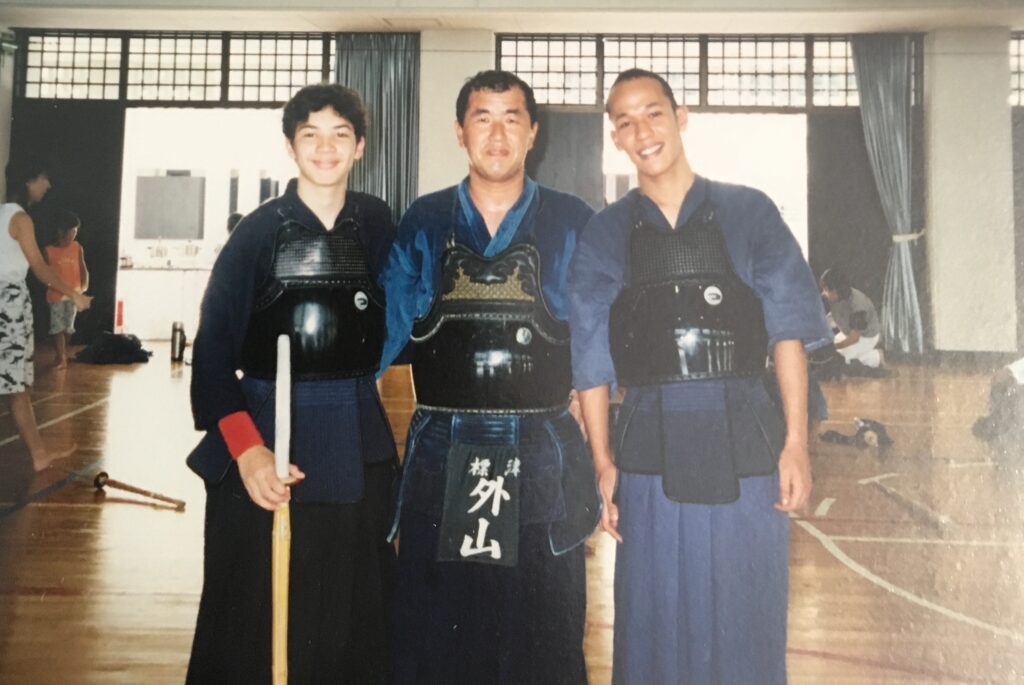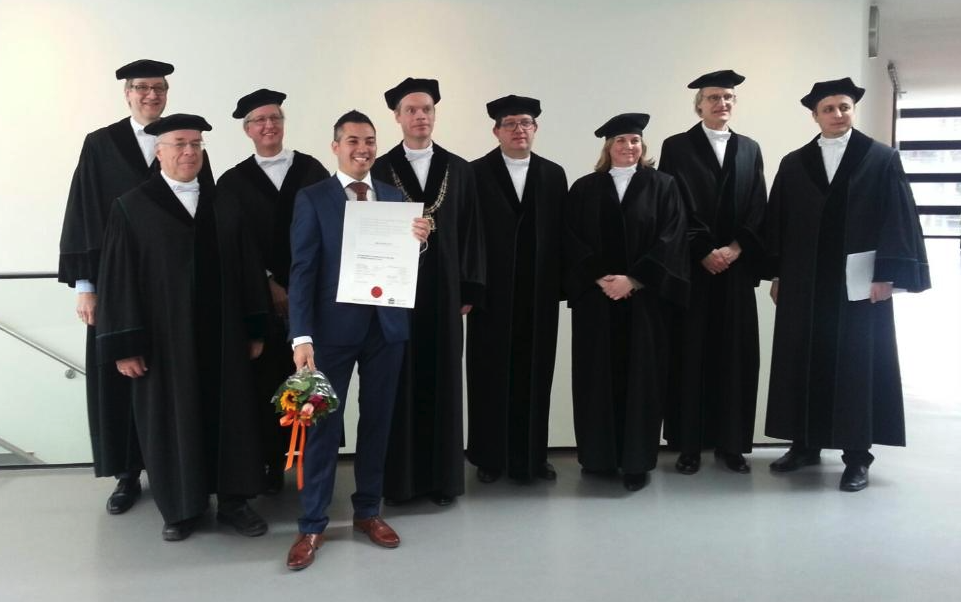When I was a child we travelled a lot as a family. Often letting go of friends, places and other things. Never really talking about it or the impact it had on my development. My parents only cared about education – we had to get an education! Specifically one set out by scholars, schools and governments.
Emotional education or personal growth was never a topic in our family. It was hard to not be able to express yourself at home, specially when you feel alone, left behind or outcast when arriving to a new place, but we were expected to ‘just deal with it’ as children. As a result, I latched onto one of my now ex-hobbies: Martial arts.
The thing I loved about martial arts, was the freedom of being creative when competing or coming up with my own ideas for demos or kata (a system of individual training exercises). Selecting from a wide range of techniques and combinations to try and beat an opponent or display my knowledge. In science I loved the freedom of creatively designing experiments or ways of telling stories with slides for classes or conferences. The roles were just vessels for my creativity, but they were always limiting.

It’s strange to say goodbye to martial arts, even though I had done it for 25 years, since I was 7. It started a big love for Japanese culture, specifically that of the samurai era, which has never left me however. The photo above was taken in 1996, when I was learning Kendo at the Japanese International School in Jakarta. It seems like a lifetime ago now. I’m sure to some young readers it might seem that way.
At university I slowly let go of this crutch, while I leaned more heavily on the second one: Education. By the time I got my PhD, which usually looks something like the image below, I had not seen the inside of a Dojo for years. Little did I know at that time that the same would hold true for classrooms and labs. Something I had to learn during the course of my life was to: If your goal is to find something that makes you happy, quit fast and quit often (if you can). Otherwise you’ll just suffer the consequences of your passivity.

When I left the academic world after completing my PhD in 2018, I felt like I was back at 0% of life. Tabula rasa, a blank slate. Even though the path to research was there, it felt wrong. If I had not made that decision back then though, I would never have moved to Amsterdam nor gotten into the accident I had in 2021 which changed my life. This was not the first time I left something behind that I spent many years on. The difference being that this time I knew what I wanted to do instead. The challenge to overcome was sunk cost fallacy.
I was aware of the fact that I was not meant to be a scientist, even though I have a degree that qualifies me to be one. This last part I had to let go, in spite of people urging to ‘put the degree to good use’. The same held true for my black belts in judo and jiu jitsu. It’s hard to explain, but when you know what you want it’s hard to not go for it. All I can really conclude is that for many years I was lost and I had finally found something in life that I really wanted to do: Spend time on thinking what I wanted from life, not what I happened to have dropped into or what my parents and people around me expected from me.